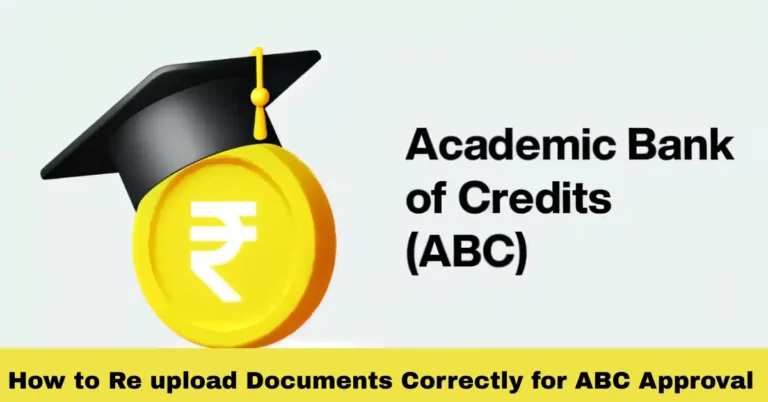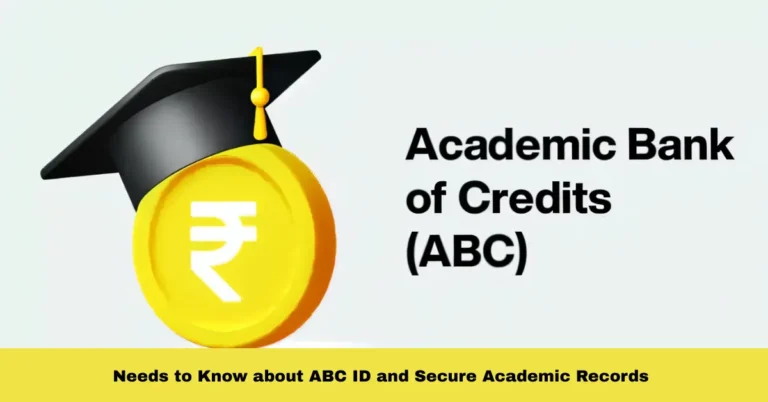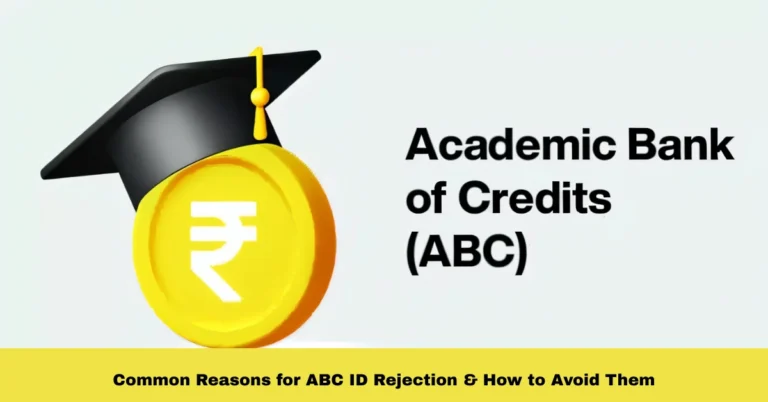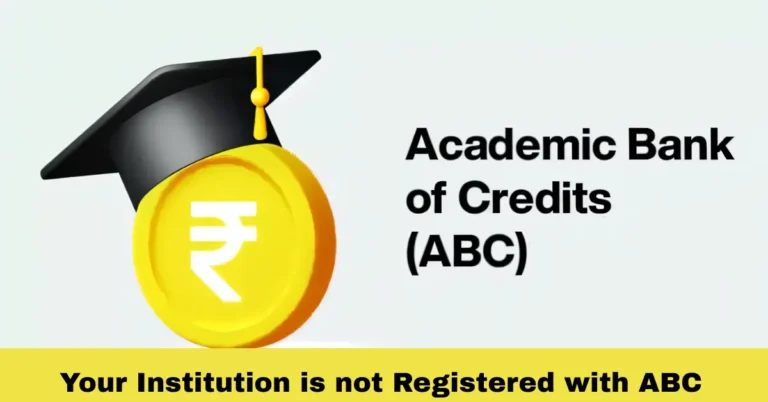7-Year Validity Rule in the Academic Bank of Credits Explained (With Exceptions)
The ABC ID system is designed to simplify the management of academic credits for students and institutions. One key aspect of this system is the 7-year validity rule, which determines how long the credits remain valid before they expire.This rule helps ensure that credits are relevant and up-to-date, but there are certain exceptions to consider.
Understanding the 7-year validity rule is crucial for students to plan their academic journey effectively and avoid losing valuable credits. Let’s take a closer look at how this rule works and what exceptions may apply.
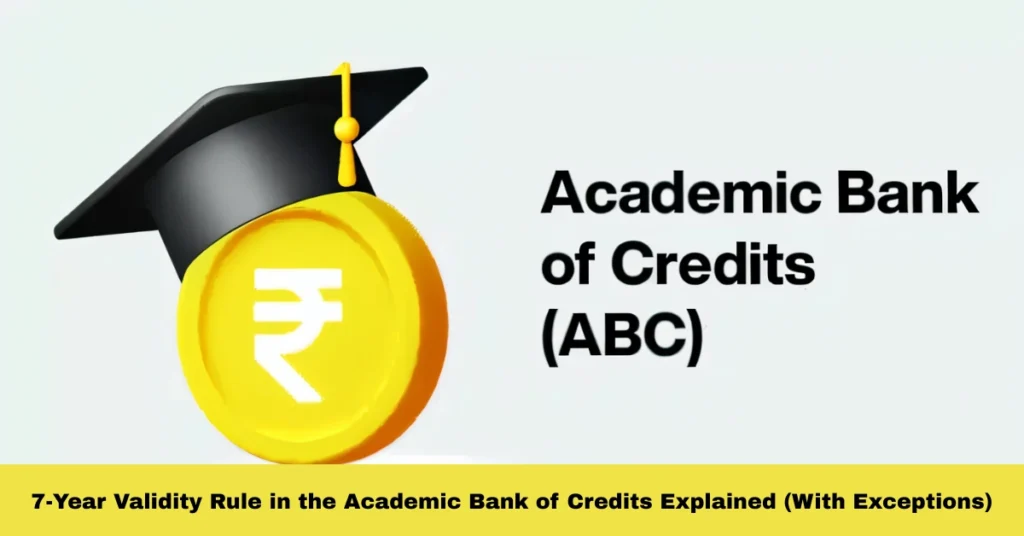
What is the 7-Year Validity Rule?
The 7-year validity rule in the Academic Bank of Credits (ABC) means that the credits you earn for your courses are valid for seven years from the date they are awarded. After seven years, the credits may no longer be used for degree progression or credit transfer. This rule ensures that the credits are relevant and reflect current educational standards. Recruiters Use Your ABC ID to easily verify these valid credits when considering you for opportunities.
Why Does This Rule Exist?
This rule helps maintain the integrity and relevance of the credits earned. Since academic programs, subjects, and industry standards evolve, older credits might not meet the necessary standards for graduation or transfer. The 7-year window ensures that the credits you hold are still valid and applicable to your current academic pursuits.
Key Benefits of the 7-Year Validity Rule
Ensures Relevance: The rule guarantees that the credits students earn are up-to-date with current academic and industry standards.
Encourages Timely Graduation: It motivates students to complete their studies within a reasonable time frame.
Prevents Stale Knowledge: Courses taken many years ago may no longer reflect the current curriculum or industry demands.
Exceptions to the 7-Year Validity Rule
While the 7-year validity rule is widely applicable, there are exceptions to consider:
Some institutions may extend the validity of credits in cases where students were unable to complete their degrees due to extraordinary circumstances, such as medical emergencies or natural disasters.
Certain degree programs, especially those with advanced or specialized curricula, may have specific rules about credit expiration. For example, technical courses or those involving evolving technologies may have a shorter validity period.
Some academic institutions may allow students to revalidate their old credits by completing certain additional coursework or exams. This process may enable the credits to be extended beyond the usual 7-year validity.
Depending on governmental or institutional policies, certain credits may remain valid longer if regulations or education frameworks change.
What Happens After 7 Years?
Once your credits surpass the 7-year validity period, you might have to retake the course or complete new coursework to fulfill the degree requirements. In some cases, institutions may allow students to “revalidate” the credits by completing a brief update or refresher course.
How to Keep Track of Your Credits
To ensure you don’t lose track of your credits and their expiration dates, make sure to:
Regularly check your ABC account for updates on credit status.
Consult your academic advisor or the institution’s registrar’s office for guidance on credit revalidation or extensions.
Keep a personal record of the courses and their completion dates.
How to Revalidate Expired Credits
If your credits are close to or have passed the 7-year mark, don’t panic! Many institutions offer ways to revalidate them. Here’s how you can go about it:
Reach out to the registrar or academic office to inquire about revalidation options.
Some universities offer refresher courses or exams to ensure your old credits meet current standards.
In some cases, you might be able to request an official extension if you have a valid reason for not completing your degree on time.
FAQs
Final Thoughts
The 7-year validity rule in the Academic Bank of Credits system helps ensure that your academic credits remain relevant to your degree progress and are aligned with current educational standards.
While this rule applies broadly, certain exceptions and revalidation processes might apply depending on your institution and program.
Always stay proactive by keeping track of your credits and staying informed about any updates to the ABC system. That way, you won’t face any surprises when it comes to completing your degree requirements.
